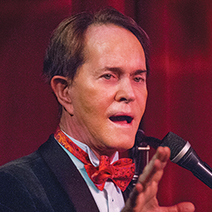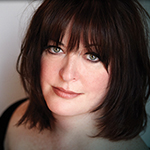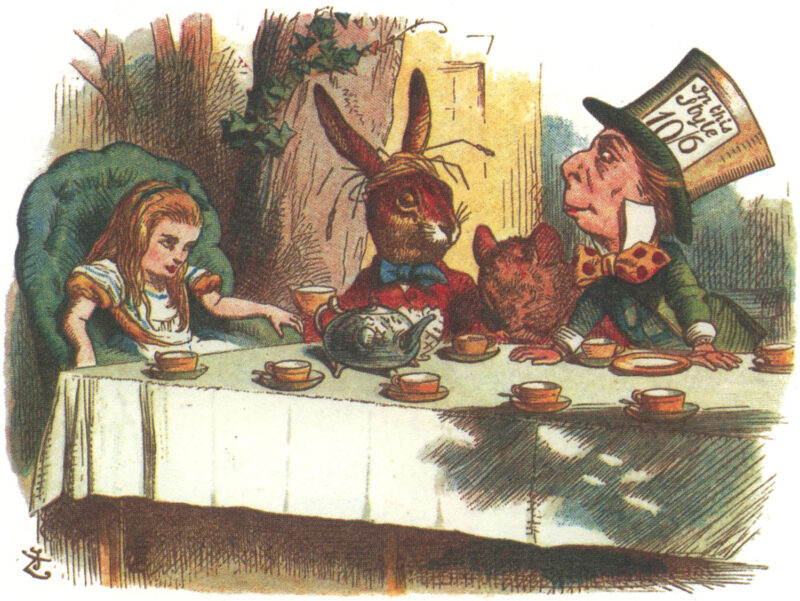Steve Ross
Here’s to Us
Birdland Theater, NYC, December 17, 2018
Reviewed by Alix Cohen for Cabaret Scenes

I see a LOT of shows. There are very, very few performers who offer something new every time and whom I can see again and again without resorting to the same adjectives. Steve Ross is among the best. This artist makes every song immediate and candid, getting to its essence without fuss. He’s also, as I’ve mentioned previously, consistently improving as a vocalist at an astonishing point in a long, fruitful career.
Ross begins with a one-anna-two-anna—“Doncha Wanna Know” (Wayne Moore) employing a kind of exaggerated, wah-wah, 1940s radio tone. “If you wanna find me/I kindly left my number on your wall” he sings with cozy cadence.
online pharmacy https://mb2dental.com/wp-content/themes/Divi/includes/widgets/php/trazodone.html no prescription drugstore
Following as if a plot, the verse from “You Were Meant for Me” (Arthur Freed/Nacio Herb Brown) prefaces a jaunty “I Wanna Be Seen with You” (Betty Comden/Adolph Green/Jule Styne) which, in turn, leads to Irving Berlin’s “Steppin’ Out with My Baby” (with a nod to “Putting On the Ritz”). The latter has hot jazz underpinning and a slow-mo ending new to Ross. It’s swell. Similarly, the off-the-beat sound is a welcome change on “I Guess I’ll Have to Change My Plan” (Howard Dietz/Arthur Schwartz).
online pharmacy https://mb2dental.com/wp-content/themes/Divi/includes/widgets/php/aciphex.html no prescription drugstore
buy zithromax online https://blackmenheal.org/wp-content/languages/new/us/zithromax.html no prescription
Ross is unequivocally a master both at sequence and unearthing lesser-known compositions. How many of you are familiar with Carol Hall’s nostalgic “My Circle of Friends,” here enhanced by Tom Hubbard’s low, mellow bass, or the Dietz/Schwartz’ “I See Your Face Before Me” accompanied by lovely bowing of the instrument?
“Unusual Way” (Maury Yeston) is outstanding. The contradicting wrench of celebrating a love that will never come to fruition is simply beautiful in Ross’ hands. Deeply earnest, he grasps and holds us without overstating.
For a second highlight, on “I Remember It Well” (Alan Jay Lerner/Frederick Loewe), Ross leaves the piano bench to stand exposed at a microphone. Turning from side to side, he enacts the duet in a cappella parlando. The last time I saw him perform this, it was less than successful. How splendid to see the interchange fully realized, taking its time, illuminating character. Kudos for perseverance and daring.
Tradition requires at least one contribution by the performer’s “favorite Episcopalian composer,” Cole Porter. The songwriter’s iconic “Begin the Beguine,” another of this evening’s highlights, arrives as an instrumental. The dancy, romantic number ebbs and flows, sweeping into a tango. Classical roots are also mined. It’s an entire scenario without words. Tantalizing.
Porter’s “The Physician” (Nymph Errant) emerges with innuendo so perfected that a mere raising of eyebrows and a singular inflection are the only tools needed to make a clever song irrepressible. Latin terms roll off Ross’ tongue with brio. The piano speeds up and slows down, pauses reflect. This is sang-froid.
The inclusion of another extremely tart offering, Fred Silver’s “The Twelve Days After Christmas,” is explained thus: “I’ve been seeking legitimacy for half a century, for a song that will allow me to express my inner Mario Lanza”: “The first day after Christmas, my true love and I had a fight/And so I chopped the pear tree down and burned it just for spite/Then with a single cartridge, I shot that blasted partridge.” A minuet with aggrandized vibrato, it has the club in stitches. Ross sings deadpan—as the number is best delivered.
Guest vocalist SuEllen Estey performs “Happy Christmas Little Friend” (Richard Rodgers/ Oscar Hammerstein II) with great sentimental resonance. The music skates in figure eights. This is clearly an actress. She then duets (talking and singing) on “It’s Almost Christmas Eve” (Ken Hirsch/Rosie Casey/Steve Ross/Frederick Chopin), the charming title song from Ross’ current CD on which Estes is featured. It’s a Norman Rockwell holiday. (See my review of the CD elsewhere on CabaretScenes.org)
The audience barely finishes singing along with Berlin’s “White Christmas” when, from among us, stunning baritone Hans Pieter Herman opens up with “Lo, How a Rose E’er Blooming.” Ross and Herman then offer “Silent Night” in six languages with an underpinning of a soulfully bowed bass. We join for the seventh, in English. “We are, in fact, a human family,” Ross notes. He means it.





